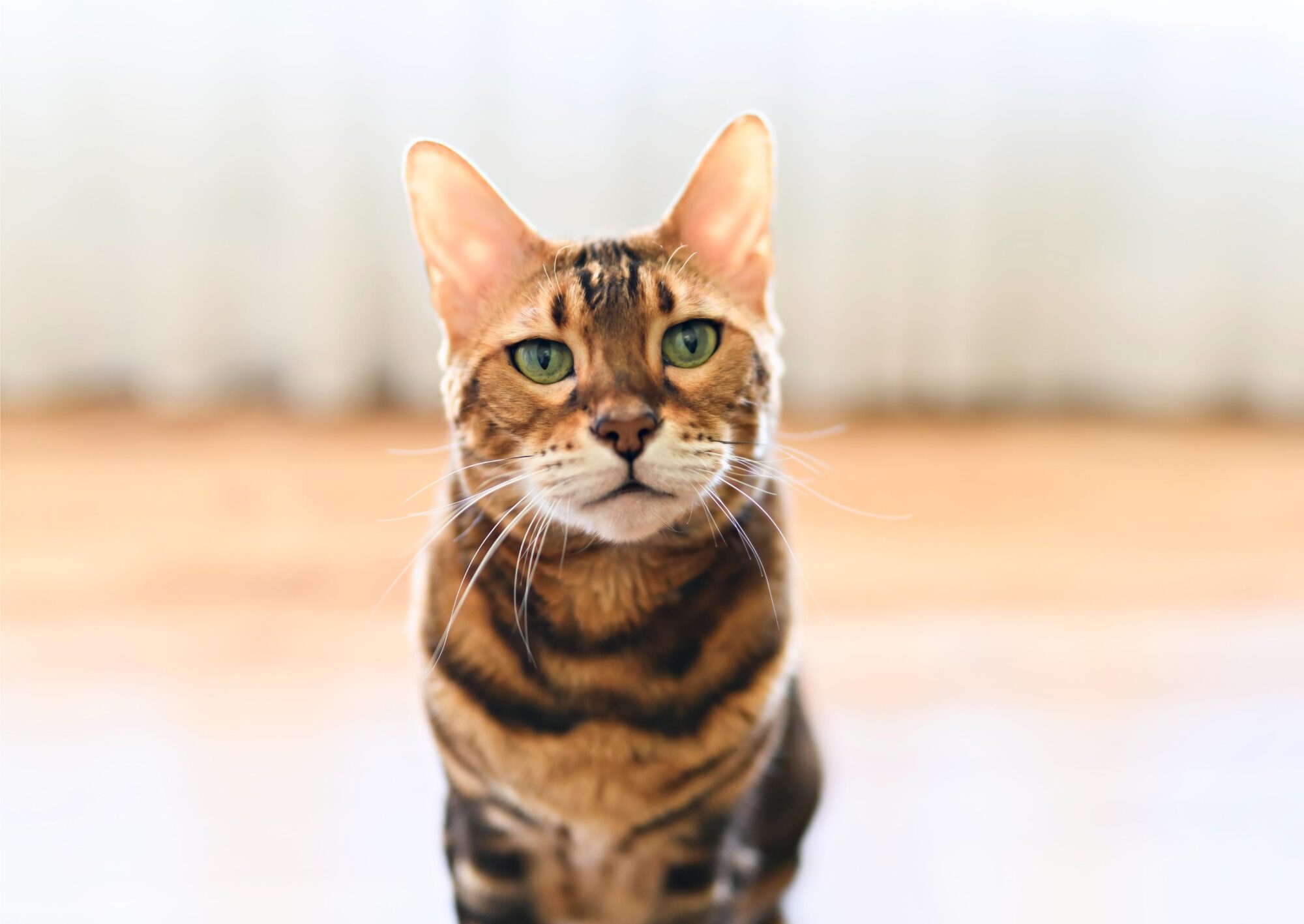Understanding FIV in Cats

Feline Immunodeficiency Virus (FIV) is a retrovirus that compromises a cat’s immune system and makes them more vulnerable to infections and diseases. It’s often compared to HIV in humans because of its similar impact on the immune system, but it is species-specific and cannot be transmitted to people.
At East Sacramento Veterinary Center, we know how concerning it can be when a cat receives an FIV diagnosis. In this blog, we provide essential information about Feline Immunodeficiency Virus, so pet owners can spot symptoms early and seek treatment for their precious pets.
How is FIV Transmitted?
FIV primarily spreads through deep bite wounds from infected animals, making outdoor and feral cats more susceptible—especially those unneutered males prone to fighting. Casual contact, such as grooming or sharing food bowls, is not a significant transmission route.
While there is no cure, with proper care, FIV-positive cats can live long, happy lives.
Symptoms of Feline Immunodeficiency Virus
Cats in the early stages of FIV might not display any obvious symptoms. This asymptomatic phase can last for years.
As the virus weakens the immune system, cats may experience:
- Recurring infections of the skin, ears, eyes, or respiratory system
- Gingivitis, stomatitis, or dental disease
- Gradual or severe weight loss, often accompanied by poor coat condition
- Persistent fevers that don’t respond to typical treatments
- Behavioral changes, seizures (in rare cases)
- Chronic diarrhea
- Enlarged lymph nodes
If you suspect your cat might have FIV or notice any of these symptoms, a vet visit is essential for proper diagnosis and care. We diagnose Feline Immunodeficiency Virus through a simple blood test that detects the presence of antibodies to the virus.
Can FIV Be Prevented?
No vaccine is currently available for the prevention of FIV, but other preventive measures can significantly lower your cat’s risk, including:
- Spay or neuter all cats to reduce territorial behavior and the urge to roam and fight or mate.
- Test any new cats you adopt to make sure they’re infection-free before introducing them to other cats in your household.
Compassionate Care for FIV-positive Cats
With proper veterinary care and at-home modifications, FIV-positive cats can enjoy full lives. Here are some tips:
- Early detection of secondary infections is crucial, so maintain regular veterinary checkups.
- Prescription medications such as antiviral drugs may help reduce the viral load. Antibiotics and antifungal medications are often used to treat secondary infections, and immune-boosting meds can help cats fight off infections more effectively.
- Feed your cat a high-quality, balanced diet to support overall health and immune function.
- Provide your pet with a stress-free environment to help prevent flare-ups of secondary infections.
- Keep your cat indoors to limit their exposure to other illnesses.
- Use veterinarian-recommended parasite control to avoid additional health complications.
Support for Your FIV-Positive Cat
If your cat is diagnosed with FIV, know that our team is here to support you and your beloved feline. Please contact us at (916) 737-5670 if your cat displays any concerning symptoms or if it’s time for your pet’s checkup.
